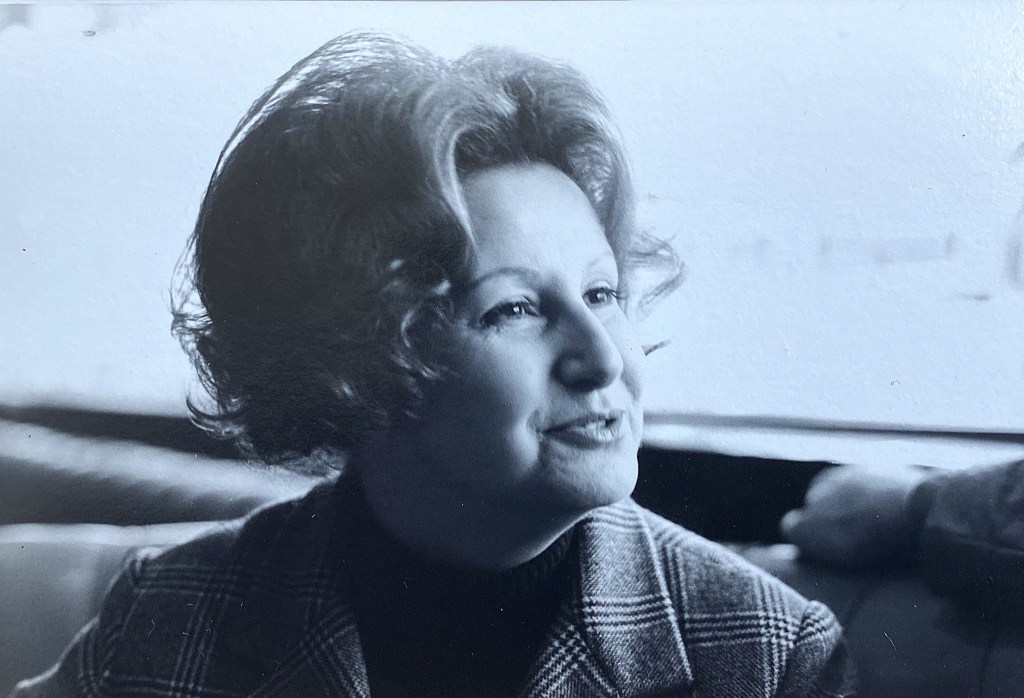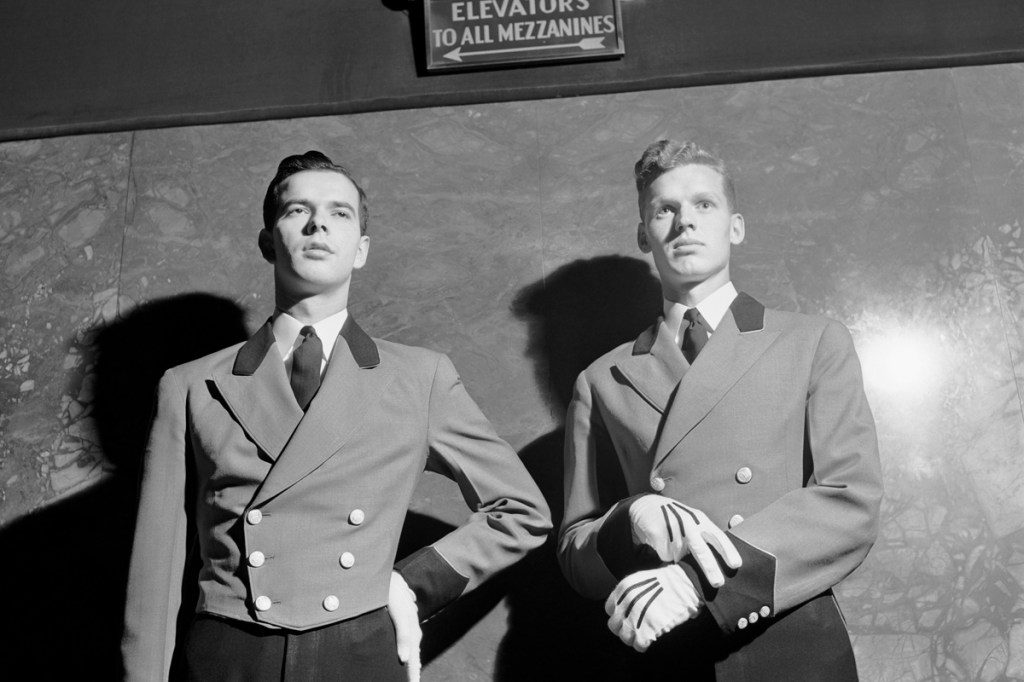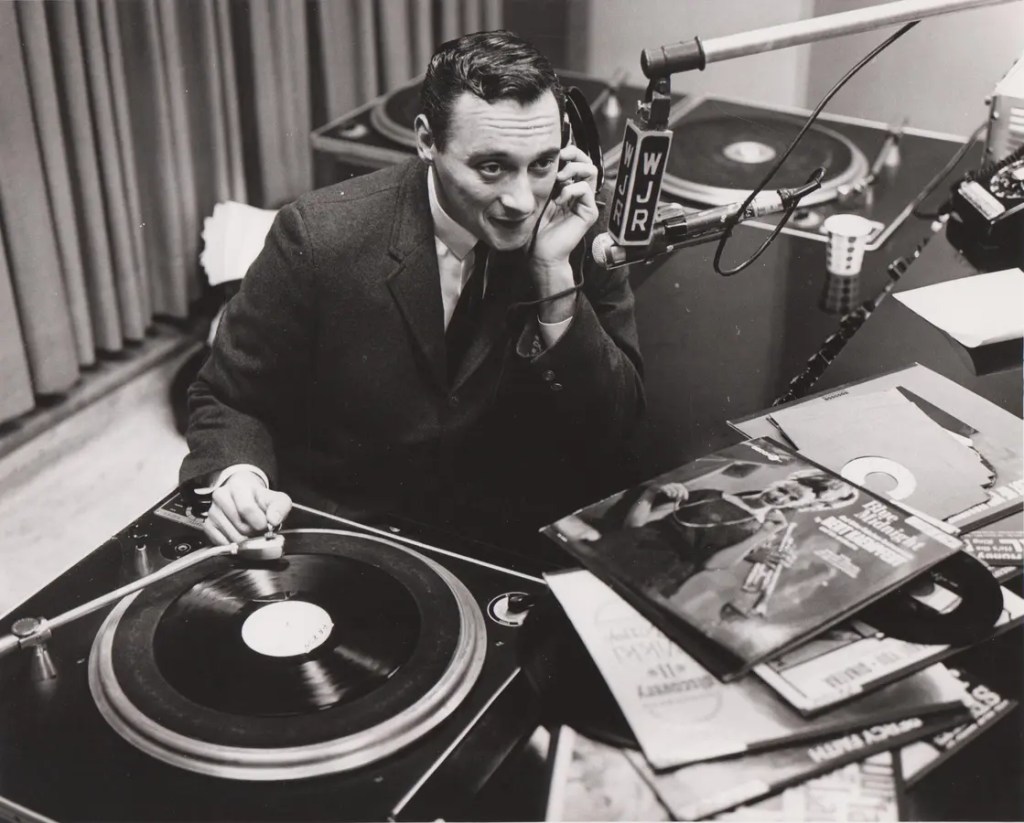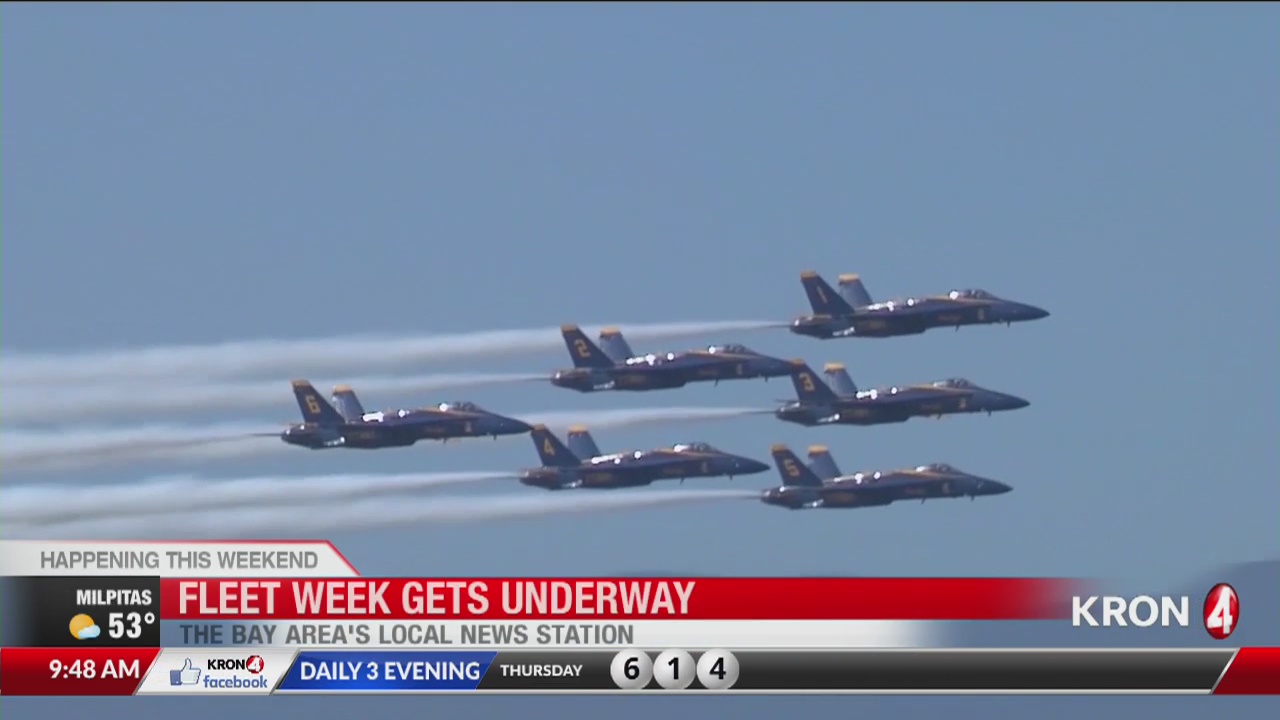
Maybe this sounds familiar.
In an attempt to simplify our lives, over the past few months we’ve been going through and weeding out things we’ve kept for one reason or another. Knickknacks and trinkets, old silver serving platters, photos of people, maybe relatives, now long forgotten.
They were things that held value for those who bought and used them, but for us, they’ve just been the heavy contents of plastic tubs taking space in our basement. So, now we find ourselves at the time of reckoning. The tubs are retrieved and opened, their contents identified to the best of our ability, and disposed of, one way or another.
Some are easy choices made quickly. We don’t need, use, or want silver serving trays or cake platters. We don’t entertain that way and won’t likely do so in our future. No one in our family plays the piano, so the Aldrich upright someone sacrificed to buy during the Great Depression will also be going elsewhere.
Sell or donate.
Some decisions are more time-consuming and difficult. Photos of relatives we aren’t exactly sure of. We know they’re part of our family history, may even know (or think we know) who they’re related to, but don’t have a name or precise branch on the family tree.
Keep for now.
And so it’s been going for weeks. Preparing to liquidate the family museum we’ve been curating for the past 30-plus years.
It’s in the context of this clearing out that I lost my mom yesterday.
If you knew her, you knew you knew her. She had what you might call a very strong personality. A strong opinion about anything, everything, every single thing. A strong sense of propriety and proper ways to do things. A strong enforcer of the rules, of etiquette, of society’s rules of behavior, of how tables should be set and picnics laid out, of how homes ought to be decorated, how they MUST be decorated and preserved for company.
In fairness, she was an impressive hostess and fine chef and a doting and devoted grandmother (YiaYia, as we Greeks say).
At the same time, she was an anarchist at heart. She jumped lines and cut corners. She cut school to see Frank Sinatra, snuck around and stirred up trouble (my grandmother often called her the Greek equivalent of a shit-stirrer), was funny as hell after too many drinks, told humorously dirty stories about people (including her kids) they wouldn’t/didn’t want told.
If she were larger in stature (she was barely 5 feet tall), she might have been a brawler. Instead, she let others pick up the pieces laying in the wake of her verbal jabs.
For example, one night at a South Philadelphia restaurant frequented by known crime family members, she loudly asked me to point out members of the Mafia. In real fear for our lives, I paid the check and we split quickly. She thought it cute and hilarious.
This old photograph sort of captures that spirit, I think.
For sure, it’s going in our keeper pile.





















